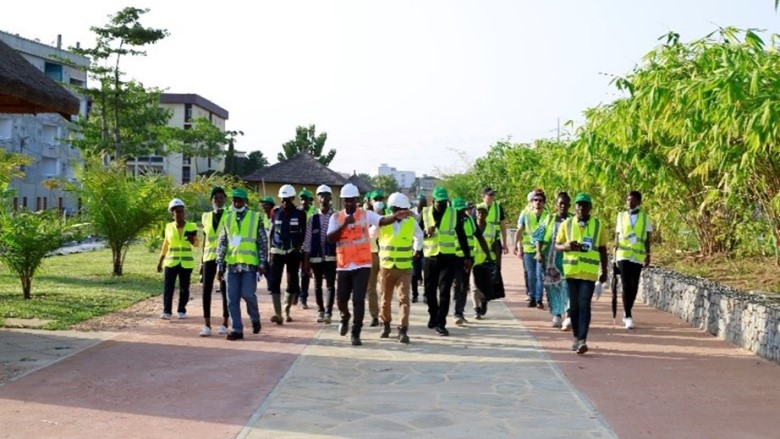

Solid Waste Management (SWM) Challenges in Africa: A Path to Sustainable Solutions
The World Bank's "What A WASTE 2.0" report, funded by the Tokyo Development Learning Center (TDLC) in 2018, paints a stark picture: global waste generation is set to double by 2050, reaching a staggering 3.76 billion tons annually. This surge in waste production is not just a statistic; it's a looming crisis with profound implications for urban sanitation, environmental health, and climate change. Nowhere is this challenge more pressing than in Africa, where recent economic growth forecasts a tripling of waste generation over the next 25 years. This surge is driven by factors such as population growth, rapid urbanization, a burgeoning middle class, and shifting consumption patterns.
Africa faces unique hurdles in managing its waste. Over 90% of the continent's waste is improperly disposed of, leading to the creation of some of the world's largest dumpsites. Solid Waste Management (SWM) initiatives, though essential, strain municipal budgets, often consuming over 20% of funds. Moreover, low collection rates and inadequate treatment exacerbate environmental degradation.
The World Bank is working closely with its African clients to prioritize sustainable waste management. This collaboration spans infrastructure development, governance enhancement, financial support, and capacity building within the sector. The TDLC, a key partner, has since instrumental in disseminating knowledge on SWM, with African clients being among the primary beneficiaries of these exchanges.
Knowledge Sharing to Address the Challenges: The TDLC Approach
The TDLC convened its first regional Technical Deep Dive (TDD) on SWM in Abidjan, Cote d'Ivoire from May 27 to 31, 2024. Representatives from 11 countries participated, embracing a "back-to-basics" concept and a pragmatic focus on implementation. The TDD facilitated peer learning through case studies and site visits, drawing on the expertise of the World Bank Urban Team, Japanese expertise and global best practices in SWM.
Central to the discussions were strategies for adapting proven approaches to the African context. The Fukuoka Method, pioneered by Fukuoka City, Japan, emerged as a particularly compelling model for landfill management. Its emphasis on community involvement and the use of locally available materials resonated with participants from Ethiopia, Kenya, and Mozambique.
The regional TDDs represent a vital step towards fostering sustainable waste management solutions tailored to Africa's unique needs. Through collaboration, innovation, and shared learning, we can navigate the complexities of waste management and build a cleaner, healthier future for all.
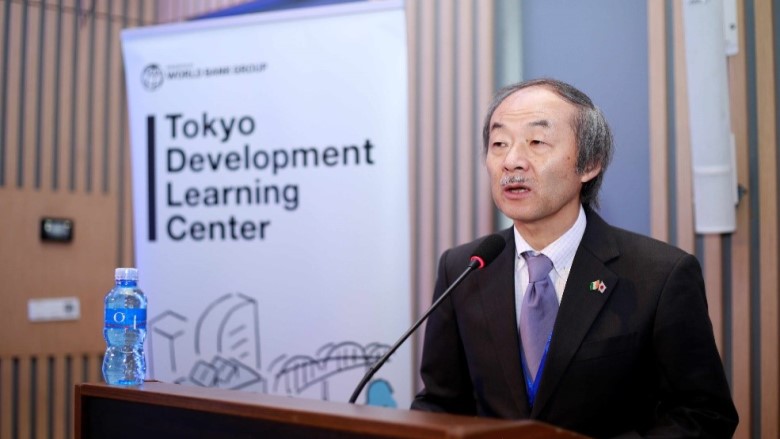
Key Insights and Recommendations
The TDD yielded invaluable insights and recommendations:
Real-world Learning: Site Visits in Abidjan
Participants embarked on illuminating site visits across Abidjan, gaining firsthand exposure to diverse SWM facilities:
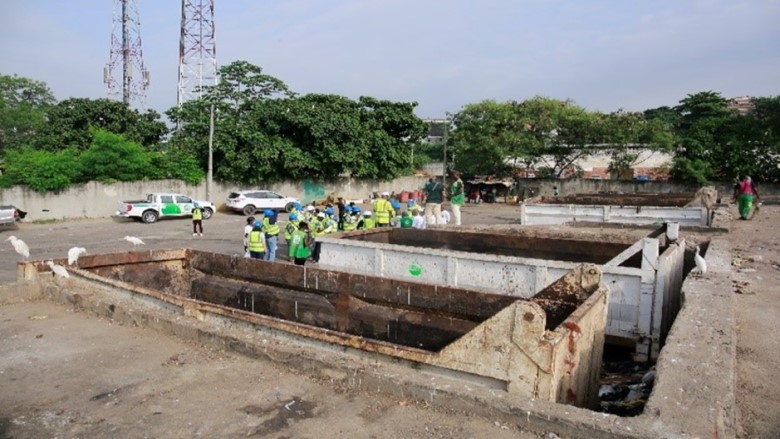
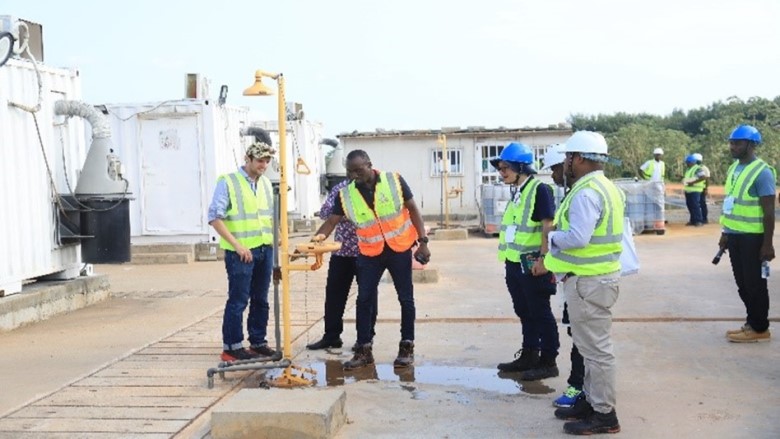
Charting the Path Forward
Armed with additional knowledge, participants resolved to tackle SWM challenges head-on:
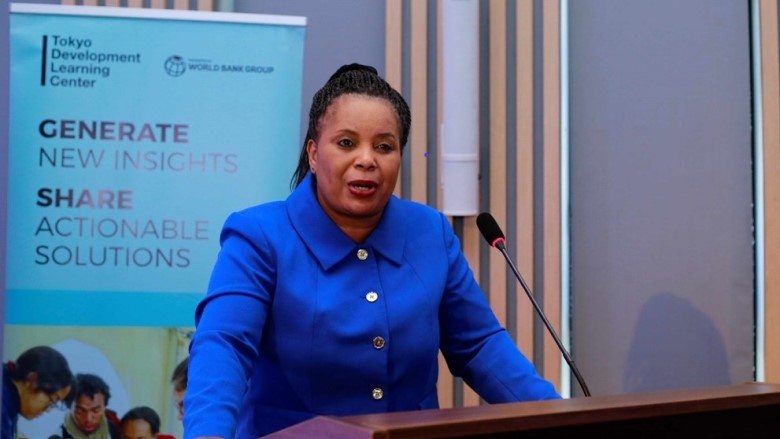
Voice from Participants
Participants lauded the TDD's impact, citing tangible takeaways and actionable insights:
“The TDD experience underscores the need for pre-collection centers and sustainable revenue models—a lesson we're eager to implement in Kampala.”
(Monica EDEMACHU, Under Secretary, Ministry of Kampala Capital City and Metropolitan Affairs, Government of Uganda)
“The insights gained from Abidjan's landfill management will be invaluable in addressing Dar es Salaam's waste challenges. We're committed to implementing these learnings.”
(Enock TUMBO, Solid waste, Natural Resources and Environment Conservation, Dar es Salaam City Council, Tanzania)